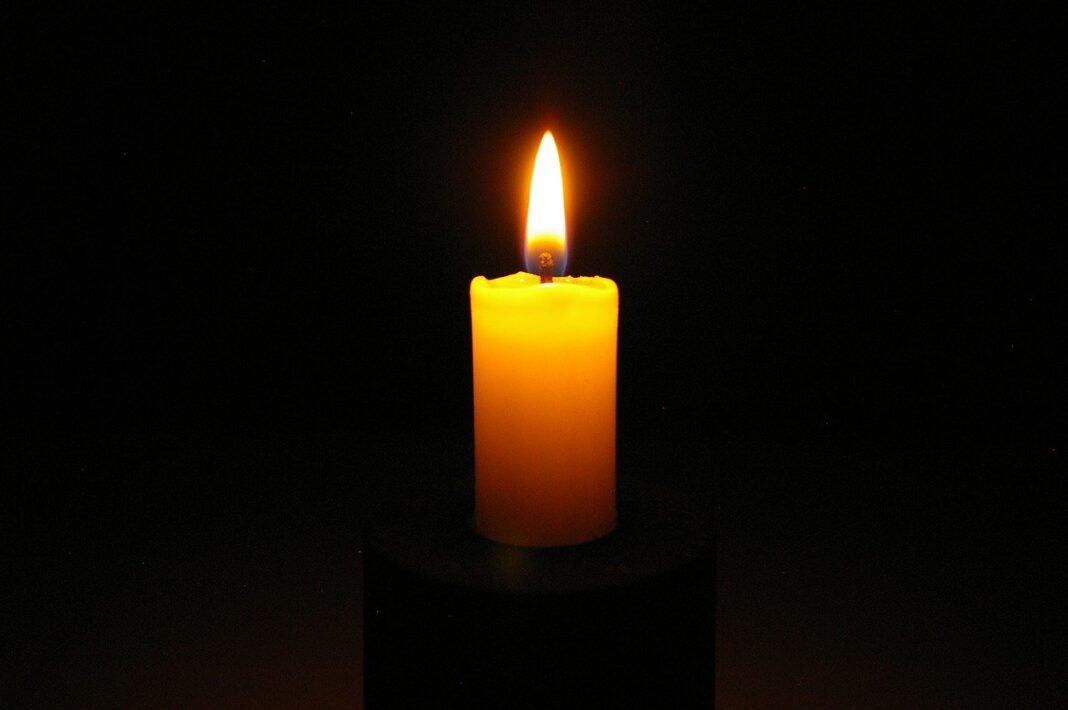A humanist funeral ceremony for a baby recognises the depth of the loss and pain, acknowledging the unique significance of the child who has died, and all the ways their short life has touched and left an impression on the lives of the people around them.
We understand that planning a funeral or memorial service after the loss of a baby is one of the most difficult things a parent will ever do. A ceremony which focuses on the child may help the grieving process.
Often, the parents of babies who have died prematurely, or shortly after birth, will be asked before leaving the hospital to start making decisions about a burial or cremation – before they have really had time to process what has happened.
By law, a baby who has died at more than 24 weeks’ gestation must be buried or cremated. There is no specific legal time limit within which a funeral must be held but the majority take place within a few weeks. Sometimes, the hospital will make the funeral arrangements, but other times they will be made by the family and a funeral director.
There is growing recognition amongst funeral directors that humanist ceremonies may help bereaved families who have lost a baby, especially when families are not religious.
Conducting a ceremony for a life that has been fleeting
Humanist celebrant and member of the Humanist Ceremonies Network, Sue Baumbach says:
‘Each life is precious, no matter how soon it ends. Parents tell us of the ways in which their baby was an individual; the effect their baby had on their lives; the personality that so often emerges before birth; or the brave struggle some babies have in the early stages of life.
‘They share with us the hope, anticipation, and excitement that the prospect of new life brought to them and their family – and to friends as well. They will also speak about the sadness and the heart-stopping moment of loss.
‘There may be moments of bitterness too – perhaps a pregnancy has been going well and the loss just isn’t comprehensible. So many different circumstances, always different, always individually-felt and experienced.
‘A humanist funeral ceremony or memorial service is heartfelt, with carefully chosen words and music, and with time for quiet reflection. We think of the effect the baby already has had on the lives of all those who come to the funeral. And we try to look forward to a future in which the memory of that precious but brief life will always play a part.’
Rituals and symbolic acts
Celebrant Ginny Collins explains:
‘We believe that a shared understanding and a carefully crafted ceremony is something that can help facilitate a healthier grieving process.
‘Many funeral celebrants trained by Humanists UK are also accredited to conduct humanist naming ceremonies and sometimes, in the case of newborn and stillborn babies, families choose to combine these ceremonies.
‘Our ceremonies may include a range of symbolic acts which bring meaning to grieving families. These moments are often designed by the family.’
Symbolic acts may include:
- Naming ceremony
- Reading a poem
- Singing a song
- Lighting a candle
Performing actions together as simple as lighting a candle or singing a particular song can be very powerful, and may also facilitate the grieving process for those taking part.
Collective experience
Humanist Ceremonies is the longest-standing provider of non-religious ceremonies, and celebrants bring their many years of collective experience and skill to providing a fitting farewell for a much-loved baby.
How to find a humanist celebrant
Visit the ‘Find a Celebrant’ map and type in your postcode or nearest town.







